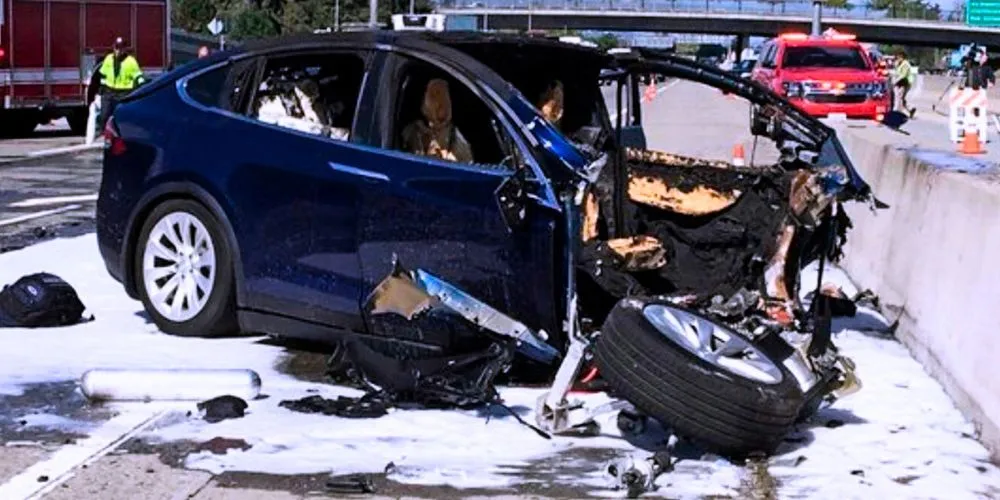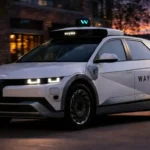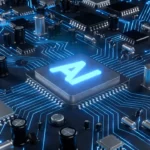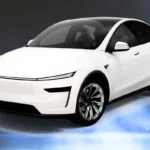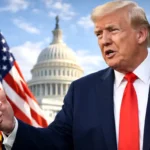Key Points:
- Tesla settles wrongful death lawsuit filed by the family of Walter Huang, who died in a 2018 crash involving his Model X with Autopilot engaged.
- National Transportation Safety Board attributes collision to Tesla’s Autopilot system, driver distraction, and road construction issues.
- The lawsuit raises concerns about safety and design flaws in Tesla’s driver assistance technology, citing marketing messages and internal emails.
- The lawsuit’s resolution has broader implications for Tesla’s reputation and legal liabilities, impacting future product liability cases against the company.
Tesla has settled a wrongful death lawsuit filed by the family of Walter Huang, an Apple engineer who tragically lost his life in a 2018 accident involving his Model X SUV with Autopilot engaged. The settlement comes as the trial begins, sparing Tesla from a potentially damaging legal battle and public scrutiny.
The fatal crash, which occurred near Mountain View, California, prompted an investigation by the National Transportation Safety Board (NTSB). In its findings, the NTSB attributed the collision to several factors, including Tesla’s Autopilot system, possible driver distraction, and issues with road construction. The agency highlighted deficiencies in Tesla’s collision warning and emergency braking systems, along with faded lane markings and the positioning of the highway barrier.
The Huang family’s lawsuit against Tesla alleged wrongful death and raised concerns about safety and design flaws in Tesla’s driver assistance technology. Attorneys representing the family cited Tesla’s marketing messages and CEO Elon Musk’s statements, suggesting that Autopilot made Tesla vehicles safe to drive without constant attention to the road.
Internal Tesla emails in court filings depicted company executives and engineers admitting to becoming complacent while using Autopilot, engaging in activities like reading emails and checking phones while driving. Tesla’s defense centered on portraying Huang as an inattentive driver, arguing that he played mobile games during the crash.
The settlement amount remains undisclosed, as Tesla has requested that this information be sealed from the public. The company’s attorneys emphasized the desire to end years of litigation and prevent the settlement amount from influencing future legal proceedings against Tesla.
The resolution of this lawsuit has broader implications for Tesla’s reputation and legal liabilities. Had Tesla been found liable, it could have set a precedent for similar product liability cases against the company. The outcome of the trial would have also shed light on Tesla’s safety culture and the effectiveness of its driver assistance systems.
While Tesla’s lead attorneys have not commented on the settlement, attorneys representing the Huang family have not responded to inquiries. The settlement marks a pivotal moment in the ongoing debate surrounding Tesla’s Autopilot technology and underscores the importance of accountability and safety in the automotive industry.
